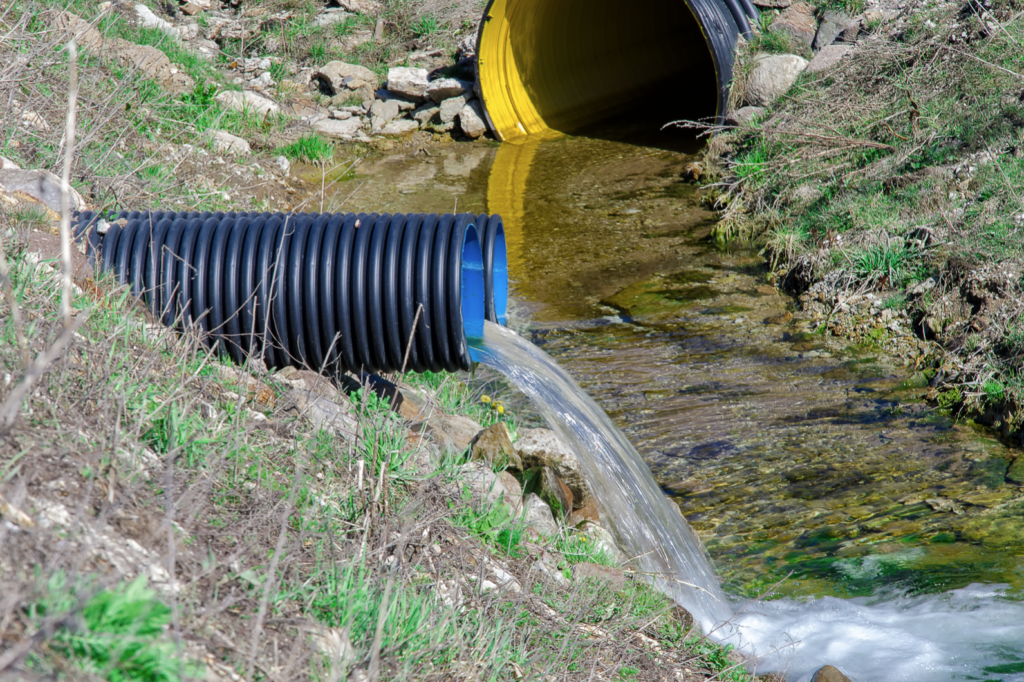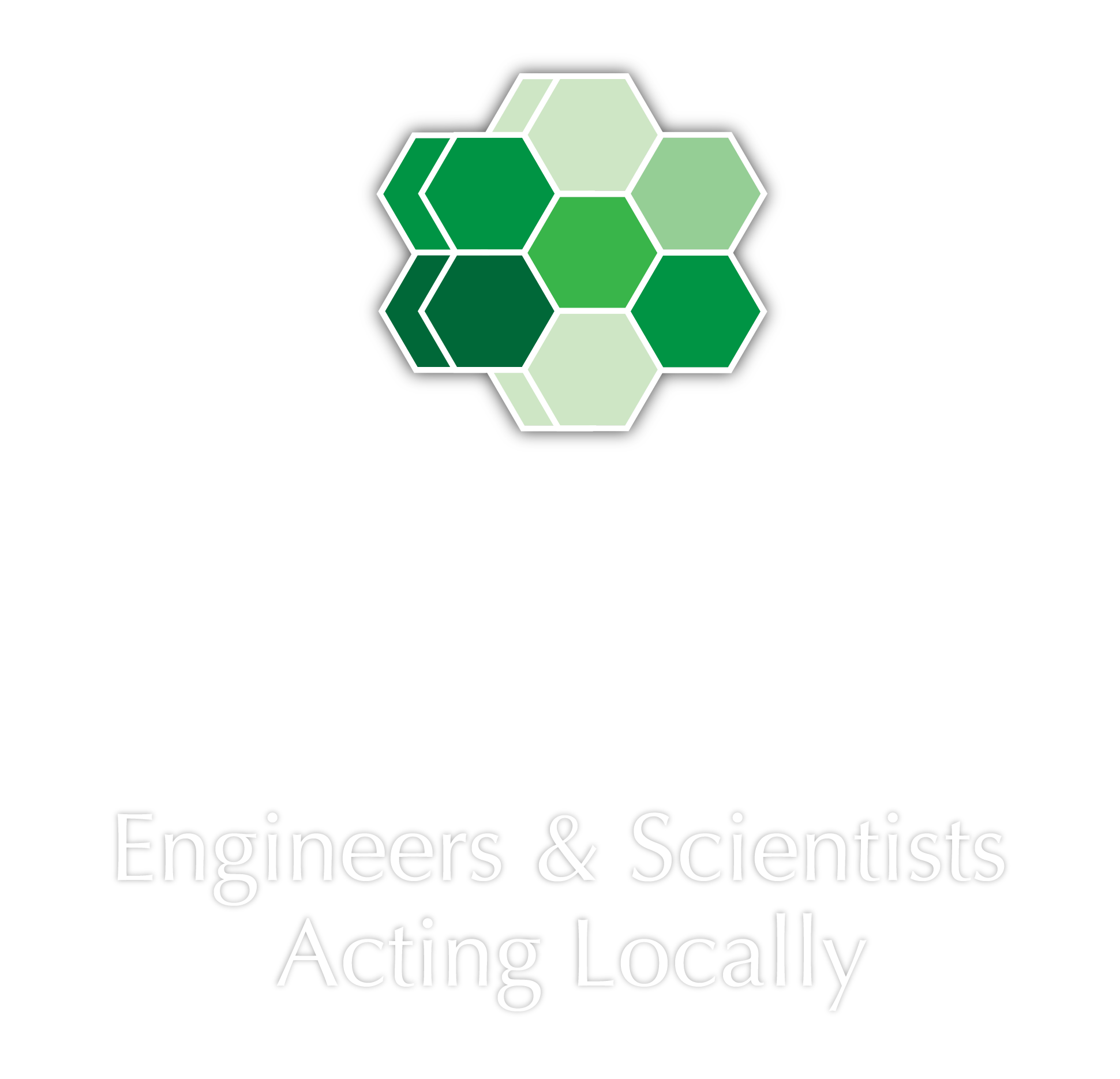Many environmental issues are inherently local. State legislatures and agencies often establish the regulations implemented by local governments in a range of areas that include air and water quality, development and industrial activity, environmental impacts on people’s health, and many others. Cities and counties develop local ordinances that implement environmental standards and establish task forces and commissions with the responsibility of developing approaches that work for a specific community. Environmental policies are often linked to the outcomes in other issue areas, including climate, energy, waste, transportation, and the economy.



